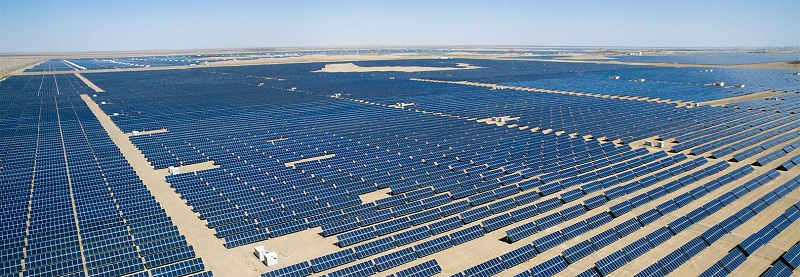If you’re reading this article outside the comfort of an air-conditioning unit, then you’re probably sweating profusely right now. Therefore, it is only fit to discuss the scorching weather that we are facing this year in the Middle East! All around the region, people are figuratively melting due to the humidity and showering on a bi-daily basis. According to data from the National Oceanic and Atmospheric Administration (NOAA), 2018 is on its way to be the fourth hottest year on record following 2016, 2015, and 2017. “As a whole, land and ocean surfaces are currently 0.77 degrees Celsius higher than20th-century average”.
According to Germany’s Max Planck Institute for Chemistry, longer droughts, hotter heat waves and more frequent dust storms will occur from Rabat to Tehran. As stated by The Economist, the institute forecasts that summer temperatures in the Middle East and north Africa will rise over twice as fast as the global average. Extreme temperatures of 46°C or more will be about five times more likely by 2050 than they were at the beginning of the century, when similar peaks were reached, on average, 16 days per year. Last year Iran came close to breaking the highest reliably recorded temperature of 54°C, which Kuwait reached the year before.
Chart

Let’s listen to a few testimonials from our fellow neighbors in the Gulf:
A resident in Kuwait stated, “Regardless of Kuwait being one of the hottest countries in the world…but the lack of humidity makes the heat a little more bearable due to it being a very dry climate…weather during the months of October to December then gets really cold down to 5-6 degrees during winter before breaking to spring in February/March then extremely hot during June/July.” 542 kilometers away in Bahrain, another “survivor” mentioned that “Bahrain has beautiful weather ranging from fine to cold starting end of October through April. It starts getting warmer in May, then June to September is purely Gulf style…heat, more heat and a splash of humidity!”
Stephen Hawking once said, “Intelligence is the ability to adapt to change.” Scientists have suggested certain solutions to help Arab countries adapt to the current climate change. For example, agricultural production could be shifted to heat-resilient crops that are not easily burned or melted. Moreover, “cities could be modified to reduce the ‘urban heat-island effect’, by which heat from buildings and cars makes cities warmer than nearby rural areas”.
Solar Plant

Some Arab governments have attempted to execute these ideas, but it was to no avail as they are usually preoccupied or distracted with their own internal problems especially political ones. On the other hand, some nations are making a genuine effort to curb emissions. For example, Morocco and Dubai are each building a colossal solar-power plant in the desert. Saudi Arabia plans to build a solar plant that will be about 200 times the size of the biggest such facility operating today. “It sees solar power as a cost-effective way to increase the electricity supply and cut energy subsidies”.



